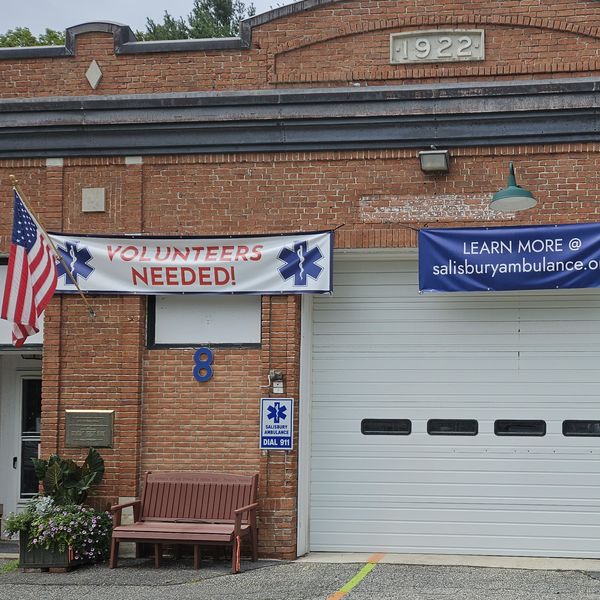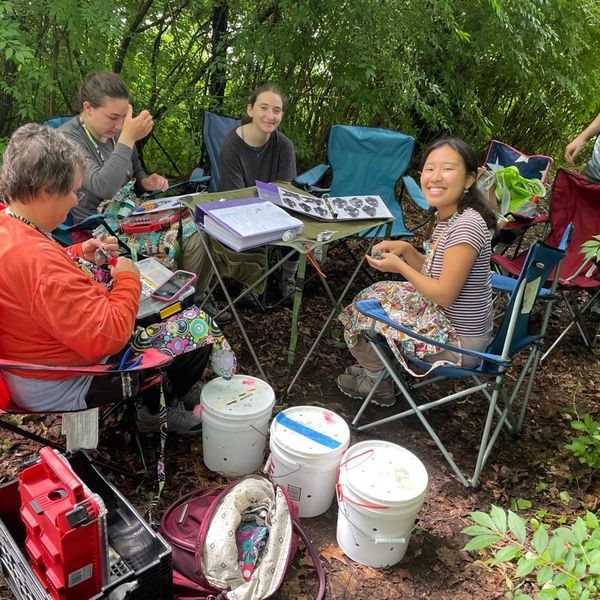The cancellation of Roe v. Wade is a gut punch to many people of faith.
I write as a student of the Bible, a follower of Jesus Christ, and a pastor to voice my support for abortion rights, and my fury at the decision of the U.S. Supreme Court in Dobbs v. Jackson. While much opposition to abortion is grounded in religious conviction, it is equally true that religious convictions lead many to honor and advocate for women’s control over their bodies.
Writing for the conservative majority, Justice Alito the opens the court’s opinion by observing that “Abortion presents a profound moral issue on which Americans hold sharply conflicting views.” In addition to stating the obvious, Justice Alito immediately presents his opinion as political. Morality and politics are inextricably related, even more than morality and the law. Morality evaluates right, wrong, good, or bad according to a philosophical or religious framework. Politics reveals what sort of philosophical or religious framework we have decided to live by. Samuel Alito is as free as any person to hold forth on morals and politics. But his opening salvo is backed up with no reflection on the sources, claims, or nuances of morality, leaving the impression that the decision was developed through moral bias rather than moral reasoning.
The justices who prevailed in Dobbs v. Jackson have introduced new instability into our common life, by sharply damaging the conditions necessary for the well-being of women. The blithe descriptions of women’s options for dealing with an unwanted child disregard the extraordinary burden of pregnancy itself. To show no regard for a lived experience is immoral. The justices show overlook the grave disparities in care across racial and socio-economic conditions. To show no concern for the conditions in which people live is immoral. The justices’ treat women’s control of their own bodies as a secondary concern, if that. To fail to recognize women’s autonomy and agency is to reinforce a patriarchal status quo that continues to traumatize women, which is immoral.
Dobbs describes faults in the reasoning of Roe, and the guiding principle that rights not expressly found in the Constitution or in the historical record must not be created by the court. Such a legal principle may have merit — but only if the court were consistent in its use. This court’s expansion of rights for gun wielders demonstrates otherwise. How can those same justices support the last 14 words of the Second Amendment, separating them from the first 13, without discarding the expressed will of the document? How can originalists, who focus on the meaning of words when the Bill of Rights was ratified in 1791, anachronistically allow the use of integrated cartridges, not invented until 1808? Is it not hypocritical of those jurists, to tease out of the constitution what they like, ignore what they dislike, and decide what’s enumerated or unenumerated based on a partial reading of the text?
These questions may reveal my lack of legal knowledge. At the same time, the questions come out of a decades-long vocational commitment to reading texts with respect for the precious value of what those contain. Whether the document we have elected to live by is legal or scriptural or literary, whether the reader is a Supreme Court justice or a local church pastor or a concerned neighbor, I believe that morality requires a vigorous defense of the fullness of life for each person. Fullness of life means more than the presence of breath and heartbeat: it means that each person’s integrity and agency is valued and respected by our communities and our legal codes.
The rejection of Roe v. Wade is already leading to the denial of fullness of life for women in our country. The decision was made, ostensibly, out of concern for the lives of fetuses — but until each woman is free to choose when and whether to bear a child, the state is categorically denying them fullness of life. As a pastor, I stand implacably opposed to the immoral decision of the Supreme Court, and I stand in support of women choosing their way to life abundant.
The Rev. John A. Nelson, M.Div., D.Min, is pastor and teacher of the Congregational Church of Salisbury, United Church of Christ.















The immorality of ‘Dobbs v. Jackson,’ from a pastor